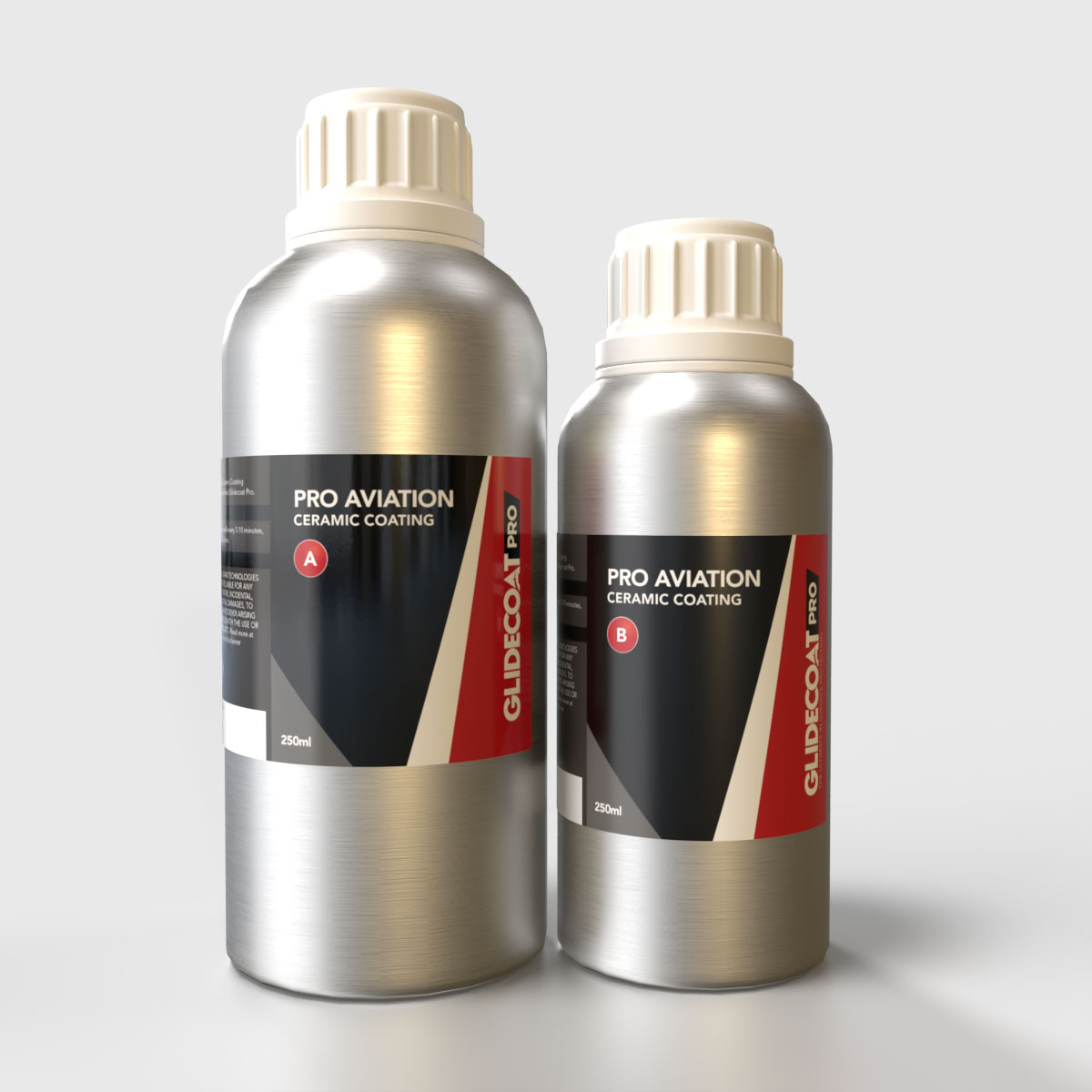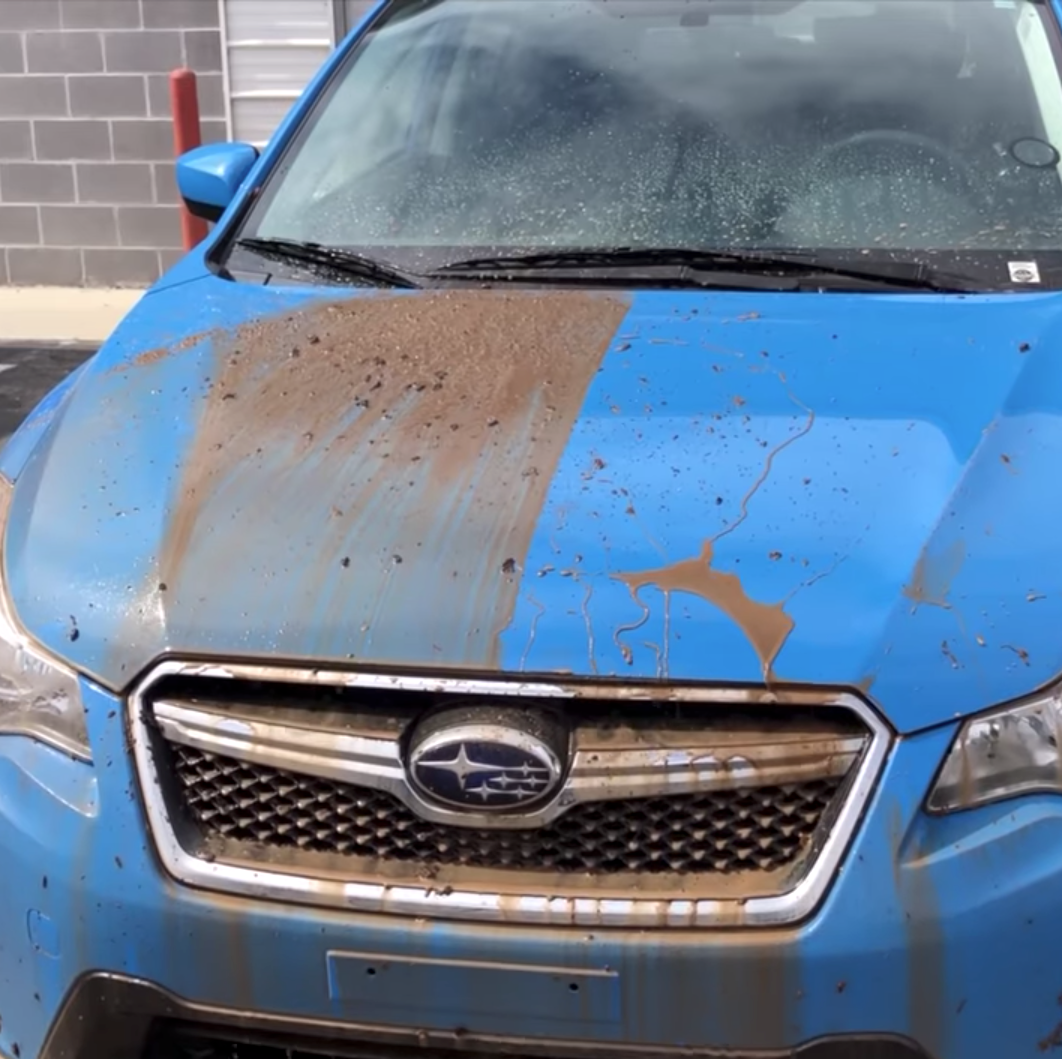The Science Behind Final Touch Auto Works Ceramic Coatings and Their Long-Lasting Shine
The Science Behind Final Touch Auto Works Ceramic Coatings and Their Long-Lasting Shine
Blog Article
The Ultimate Overview to Ceramic Coatings: Enhancing Your Car's Complete and Durability
Ceramic finishings may be the service you have actually been searching for if you're looking to elevate your vehicle's appearance and defense. These sophisticated coatings bond with your vehicle's paint, developing a sturdy obstacle against environmental damages. Yet exactly how do they compare to conventional wax? Understanding the benefits and application procedure can make a substantial difference in your automobile care regimen. Let's discover what makes ceramic layers a beneficial investment for your vehicle.
What Are Ceramic Coatings?
Ceramic coatings are innovative protective layers that enhance your car's outside. They're made from a liquid polymer that chemically bonds with your vehicle's paint, creating a resilient shield. Unlike conventional wax or sealants, which subside with time, ceramic layers give durable protection against environmental impurities like UV rays, dirt, and chemicals.When you use a ceramic coating, you're buying a barrier that repels water, making it much easier to cleanse your vehicle and maintaining it looking more recent for longer. This innovation assists preserve the stability of your paint, lowering the risk of scrapes and oxidation.Ceramic coatings been available in numerous formulations, each developed to accommodate different requirements and choices. You can pick a DIY kit or choose for professional application, relying on your comfort level and budget plan. Overall, ceramic finishings stand for a sophisticated service for keeping your automobile's aesthetic appeal and durability.
Advantages of Ceramic Coatings
You expose a range of benefits that go past plain looks when you invest in a ceramic finishing. To start with, it provides phenomenal protection versus environmental pollutants like dust, bird droppings, and UV rays, keeping your auto's paint looking brand-new longer. You'll observe that upkeep ends up being easier, as the hydrophobic residential or commercial properties cause water and crud to slide off easily. This means much less time spent cleaning and outlining your vehicle.Additionally, ceramic finishings can improve the glossiness of your auto's finish, offering it that showroom luster. They also supply resistance to scrapes and swirl marks, which aids maintain your vehicle's resale worth. With a ceramic coating, you're not simply shielding your financial investment; you're also boosting its general look and longevity. Inevitably, this sophisticated innovation guarantees your car attracts attention while enjoying lasting advantages that typical waxes just can't match.
The Application Process: How to Apply Ceramic Coatings
Using a ceramic covering entails numerous key steps to assure excellent results. First, extensively wash your auto to remove any kind of dirt, gunk, or impurities. This guarantees the surface area is all set and tidy for the layer. Next, sanitize the paint utilizing a clay bar to remove embedded fragments. Afterward, check the paint for flaws and polish it to attain a smooth surface.Once your auto's surface area is prepped, apply the ceramic covering in tiny sections. Utilize an applicator pad to spread the covering uniformly, complying with the maker's guidelines. Allow the covering to heal for the advised time, typically between one to two hours, relying on the product.Finally, stay clear of cleaning your car for at the very least a week to let the finishing bond appropriately. Complying with these actions will certainly aid you achieve a durable, high-gloss finish that protects your vehicle for years to come.

Contrasting Ceramic Coatings to Standard Wax
After ensuring your car's surface area is completely prepped with a ceramic covering, it's time to contemplate just how this contemporary service stacks up versus standard wax. Ceramic finishings offer a robust layer of defense that lasts for many years, while wax commonly supplies just a few weeks of sparkle. You'll notice that ceramic finishes bond with your paint, creating a hydrophobic surface that fends off water and dirt, making upkeep easier.In comparison, traditional wax sits on top of the paint and needs regular reapplication. With ceramic finishings, you get exceptional scratch resistance and UV security, aiding to avoid fading and oxidation. While the preliminary investment for a ceramic layer is greater, the long-lasting benefits commonly surpass the prices. So, if you're looking for resilience and boosted gloss, ceramic layers are a smart selection over standard wax.
Maintenance Tips for Your Ceramic Covered Lorry
To maintain your ceramic-coated automobile looking immaculate, regular maintenance is important. Start with a mild wash using a pH-balanced hair shampoo; stay clear of extreme cleaning agents that can degrade the finish. Make use of a microfiber clean glove to stop scrapes and constantly wash extensively to remove any kind of soap residue.After cleaning, completely dry your vehicle with a soft microfiber towel to prevent water places. Take into consideration using a ceramic upkeep spray every couple of months to boost the covering's hydrophobic buildings and include an extra layer of he said protection.It's likewise smart to stay clear of automatic vehicle washes with rough brushes, as they can harm the covering. Rather, choose hand cleans or touchless laundry options. Additionally, on a regular basis examine your lorry for contaminants like tree sap or bird droppings and address them immediately to stop etching. Adhering to these pointers will assist keep the shine and resilience of your ceramic-coated vehicle for years to come.
Common Myths About Ceramic Coatings
Regardless of the impressive benefits of ceramic coverings, a number of misconceptions can create confusion for car proprietors. One typical misunderstanding is that ceramic finishes eliminate the need for upkeep. While they do use improved protection, regular cleaning and care are still vital to keep that high-gloss finish.Another myth is that these coatings are scratch-proof. While they offer a solid layer of defense against minor scrapes, they can not stand up to extreme influences or unpleasant materials.Many additionally believe that ceramic finishes will certainly make their vehicles immune to all pollutants. Actually, they ward off dirt and water but won't prevent concerns like bird droppings or tree sap from causing damages if left unattended.Lastly, some believe that using ceramic coatings is a do it yourself task any individual can take care of, yet achieving a flawless application typically calls for specialist knowledge to assure peak outcomes.
Picking the Right Ceramic Coating for Your Car
Just how do you select the ideal ceramic finish for your cars and truck? Start by taking into consideration the degree of protection you require. If your vehicle encounters extreme weather or constant trip, choose for a high-end coating that supplies remarkable longevity and resistance to scrapes, UV rays, and chemical stains.Next, think of the application approach. Some finishes require specialist installment, while others are DIY-friendly. If these details you're experienced, a do it yourself product may conserve you cash, however, for the most effective outcomes, an expert can assure correct application.Don' t fail to remember to inspect the long life of the finishing. Some last a couple of years, while others can protect for a decade or even more. Finally, check out endorsements and evaluations to assess user satisfaction. By weighing these elements, you'll locate a ceramic coating that not only improves your vehicle's look yet also offers resilient defense.
Regularly Asked Questions
Just How Long Do Ceramic Coatings Last generally?
Ceramic layers commonly last anywhere from two to five years, depending upon elements like application, maintenance, and environmental conditions. You'll wish to follow correct treatment regimens to maximize their durability and effectiveness.
Can Ceramic Coatings Be Applied Over Paint Scratches?
You can not use ceramic finishings over paint scratches efficiently. It's best to fix any kind of scratches first, guaranteeing a smooth surface - Final Touch Auto Works Ceramic Coatings. In this manner, the layer bonds appropriately and supplies optimal protection for your vehicle's coating
Are Ceramic Coatings Safe for All Auto Surface areas?
Ceramic finishes are typically safe look these up for most auto surface areas, including paint, glass, and wheels. However, it is crucial to examine certain product guidelines, as some coatings could not appropriate for particular materials or surfaces.

Will Porcelain Coatings Protect Against UV Damage?

Can I Do Touch-Ups on Ceramic Coated Surfaces?
You can do touch-ups on ceramic covered surfaces, but it's essential to utilize suitable products. Verify the area is clean and follow proper application strategies to preserve the layer's stability and performance. Unlike traditional wax or sealers, which use off over time, ceramic finishings offer long-lasting defense against environmental impurities like UV rays, dirt, and chemicals.When you use a ceramic finish, you're investing in a barrier that repels water, making it less complicated to cleanse your automobile and keeping it looking newer for longer (Final Touch Auto Works Ceramic Coatings). Later, check the paint for flaws and polish it to attain a smooth surface.Once your vehicle's surface is prepped, use the ceramic layer in small sections. Enable the finish to heal for the advised time, typically in between one to 2 hours, depending on the product.Finally, avoid cleaning your cars and truck for at the very least a week to allow the layer bond appropriately. Take into consideration applying a ceramic upkeep spray every few months to improve the layer's hydrophobic buildings and include an additional layer of protection.It's also smart to avoid automatic vehicle cleans with rough brushes, as they can damage the finish. Ceramic finishes are generally risk-free for many auto surfaces, including paint, glass, and wheels
Report this page